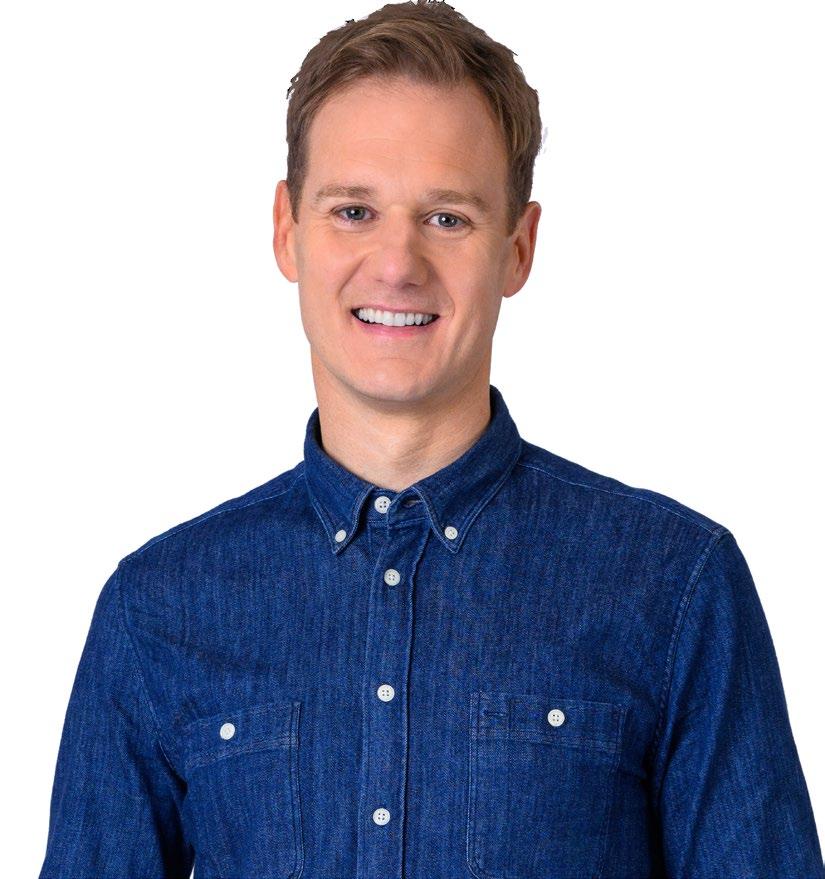
Usher Hall, Edinburgh Fri 21 Mar 2025 7.30pm
Glasgow Royal Concert Hall Sat 22 Mar 7.30pm



Usher Hall, Edinburgh Fri 21 Mar 2025 7.30pm
Glasgow Royal Concert Hall Sat 22 Mar 7.30pm

Usher Hall, Edinburgh Fri 21 Mar 2025 7.30pm
Glasgow Royal Concert Hall Sat 22 Mar 7.30pm
With Scotland’s National Orchestra and up-and-coming Finnish conductor Emilia Hoving, this is a concert full of tunes that will make you want to dance! Rachmaninov’s final masterpiece, composed during his exile in Hollywood, fuses big band glamour with the songs and sorrows of his homeland, while Ravel dreams of a more elegant age; and Anna Clyne’s lyrical new cello concerto, which critics have described as ‘gorgeous’, is performed by rising star Senja Rummukainen. Expect an emotional evening.
RAVEL Valses nobles et sentimentales [15’]
ANNA CLYNE DANCE for cello and orchestra [25’]
SCOTTISH PREMIERE
RACHMANINOV Symphonic Dances Op45 [35’]
Emilia Hoving Conductor
Senja Rummukainen Cello
Royal Scottish National Orchestra
The Glasgow performance will be recorded for the RSNO Archive. Supported by the Iain and Pamela Sinclair Legacy.
If viewing these notes at the concert, please do so considerately and not during performances. Please silence all mobile telephones and alerts, and refrain from taking photographs, without flash, until the end of each piece.
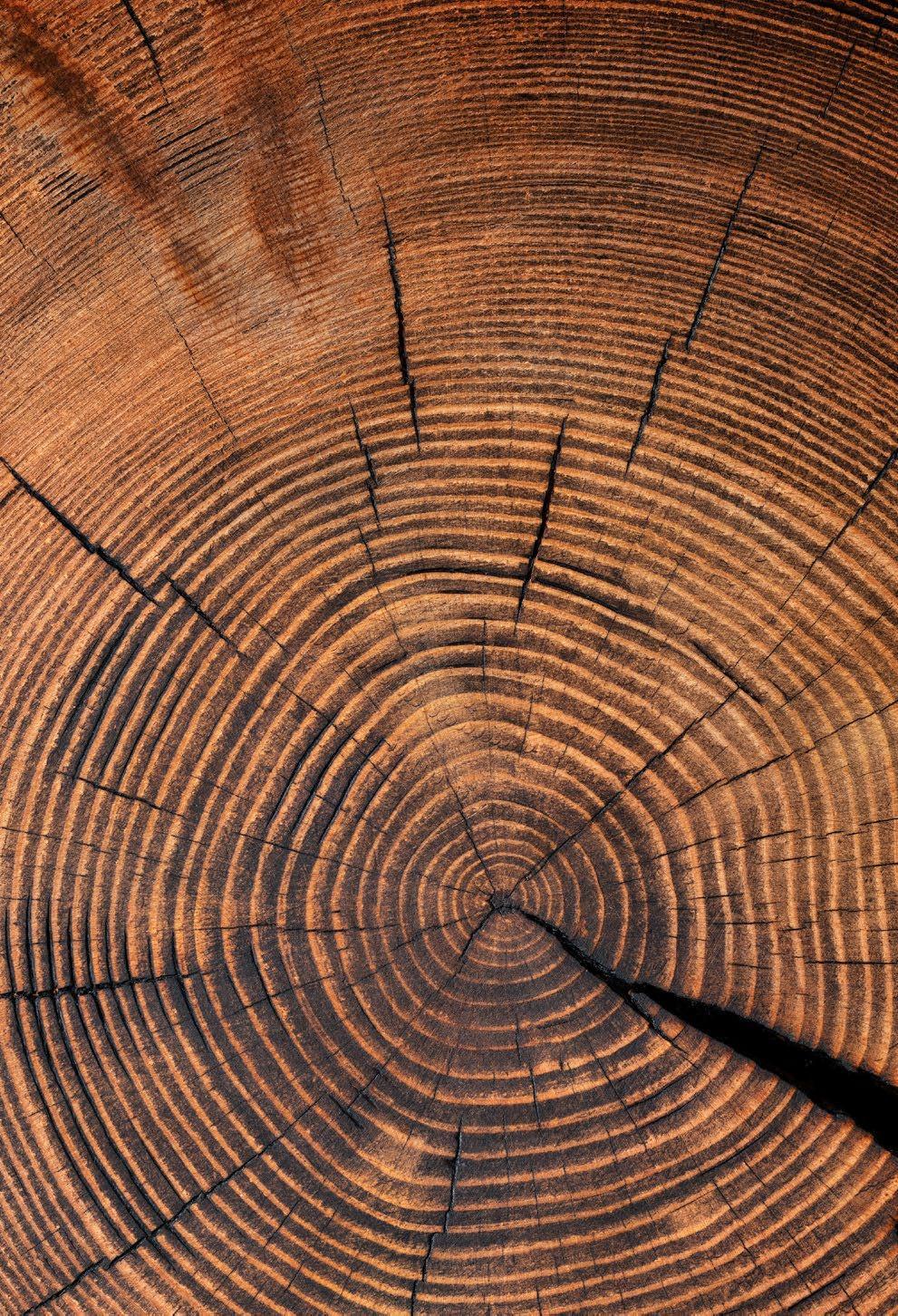
Edinburgh Fri 28 Mar 7.30pm
Glasgow Sat 29 Mar 7.30pm
A brand-new, concert-staged opera that explores the gripping drama of protest, activism and the human cost of climate change.
Ellie Slorach Conductor
Ffion Edwards Lola
Madeleine Shaw Angela
Julieth Lozano Rolong Zoe
Marcus Farnsworth Clive
Edwin Kaye Mayor/Quercus
Rhys Batt Doctor
RSNO Youth Chorus
RSNO Chorus
RSNO Chorus Academy
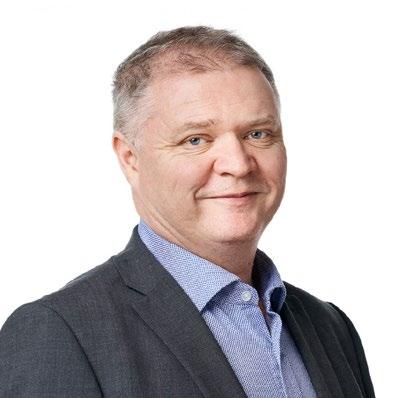
Welcome to this evening’s concert.
For our audience members in Edinburgh, I hope you enjoyed the pre-concert performance from the Senior Pupils of St Mary’s Music School. The RSNO’s partnership with the school is very close to my heart as an alumnus myself and because of the integral role St Mary’s plays in the cultural fabric of Edinburgh. St Mary’s is a stalwart in producing brilliant young artists and it’s always such a privilege to showcase this next generation of musicians on the magnificent Usher Hall stage.
Joining us this evening are Finnish conductor Emilia Hoving and her compatriot, cellist Senja Rummukainen, for the Scottish premiere of Anna Clyne’s DANCE for cello and orchestra. A particular highlight of my job is being able to programme concerts featuring new works, especially ones by such sought-after, prolific composers as Anna Clyne. I am sure that many of you are familiar with Clyne’s work, and those of you that aren’t certainly will be soon – later this Season, Jess Gillam will perform Clyne’s Glasslands concerto and last year we recorded
her piece Within Her Arms for Linn Records. The album, Our Gilded Veins, is available in all the usual places and is well worth a listen.
Staying on the subject of recordings, the RSNO’s latest release features music from Bacewicz, Lutosławski and Szymanowski conducted by Music Director Thomas Søndergård. The album, which is a celebration of Polish music, will be released next Friday (28 March).
From the international to the national, and I am looking forward to next Sunday’s jaunt up the A9 to Newtonmore where we are piloting a cinema event featuring live chamber music from RSNO musicians in the Screen Machine. For those unfamiliar with the Screen Machine, it’s a mobile cinema that tours the Highlands and Islands, bringing the big-screen experience to rural communities. Our partnership with Regional Screen Scotland is a vital part of our goal to become a truly national Orchestra.
Alistair Mackie CHIEF EXECUTIVE














































































ARTISTIC TEAM
Thomas
Maya
Tamás
Jacqueline
Robin
Emily Nenniger
Kirstin Drew
Tom Dunn PRINCIPAL
McWhirter
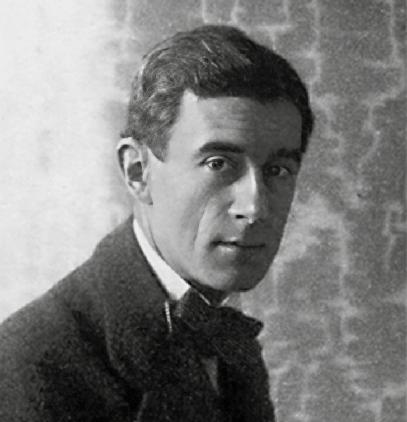
Piano version: 9 May 1911; orchestral version published 1912
DURATION 15 minutes
1. Modéré – très franc
2. Assez lent – avec une expression intense
3. Modéré
4. Assez animé
5. Presque lent – dans un sentiment intime
6. Vif
7. Moins vif
8. Épilogue: lent
Ravel’s love of dance was evident throughout his entire compositional life. It came in part from his love of the Basque culture into which he was born on his mother’s side, a culture which held dance as a key element. There are few works, if any, in Ravel’s oeuvre which are not influenced by dance rhythms or the idea of the dance. His score to the symphonic poem La Valse, published in 1920 after a long gestation, and some nine years after he premiered Valses nobles et sentimentales (from which it took two of its motifs), was informally illustrated on the last page of the autograph manuscript with Ravel’s own doodles of swirling dancing figures, tumbling as if they’d been swept away in the ‘fatal whirling’ of the dance. That same year, Ravel, who during his early career had had trouble being accepted by the upper echelons of the somewhat conservative French musical establishment, which held true to the tenets of the composer César Franck, wrote to the writer Jean Marold, in typical fashion, ‘You know my intense attraction to these wonderful rhythms and that I value the joie de vivre expressed in the dance much more deeply than Franckist puritanism.’
That joie de vivre, and freedom, is amply evident in the Valses nobles et sentimentales, written and premiered in 1911 for piano, with the orchestrated version published subsequently in 1912. On the title page, Ravel placed a quote from Henri de Régnier’s novel, Les rencontres de Monsieur de Bréot: ‘… le plaisir délicieux et toujours nouveau d’une occupation inutile’ – in English, roughly, ‘the delicious and ever-fresh pleasure of a useless occupation’.
Comprised of eight relatively short waltzes which wash expressionistically in and out of fresh-sounding dissonance, each seamlessly
flowing into the other, the last is a form of epilogue, a ghostly, dreamlike echoing of all the motifs that have come before. It was inspired by Ravel’s admiration for Viennese waltz and specifically for Schubert, a fellow waltz-lover, upon whose Valses sentimentales and Valses nobles of 1823 and 1826 respectively Ravel’s own work was based.
‘The title Valses nobles et sentimentales sufficiently indicates that I was intent on writing a set of Schubertian waltzes,’ said Ravel. He placed the piece in the context of the fiendish virtuosity of his 1908 piano work, Gaspard de la nuit, using, he said, ‘writing of obviously greater clarity which has strengthened the harmony and sharpened the contrasts’.
Those ‘sharpened contrasts’ were perhaps a part of what afforded the piano premiere, played by Louis Aubert in 1911, its reception of apparently raucous boos. If the dissonance sounds fresh and modern – and utterly ravishing – to 21stcentury ears, it sounded outrageous to the more conservative of critics in early 20th-century Paris. The premiere took place at the Société musicale indépendante, set up to support a more creative approach to musical composition, as part of an evening of anonymously presented new works by contemporary French composers in which critics were asked – perhaps somewhat riskily – to guess the author.
The subsequent version for orchestra highlights the expressionistic palette, and bears evidence of Ravel’s attempts at a further clarity of orchestration; there is that glorious Ravelian joie in the swirling orchestral sound and lush textures. This is music saturated with the physicality and emotion of the waltz.
© Sarah Urwin Jones
18 Jan Eugene B Ely landed an aircraft for the first time on the deck of a ship, the USS Pennsylvania stationed in San Francisco harbour
19 Mar International Women’s Day was celebrated for the first time across Europe, following a Woman’s Day in New York in 1909
8 Apr Dutch physicist Heike Kamerlingh Onnes discovered superconductivity, in which electrical resistance vanishes and magnetic fields are expelled from materials
15 May Standard Oil was dissolved into 34 separate companies, including Mobil and Texaco, following violations of the Sherman Anti-Trust Act, introduced to prohibit monopolies
31 May The hull of the RMS Titanic was launched in Belfast
17-20 Aug Britain’s first national strike of railway workers
21 Aug Leonardo da Vinci’s Mona Lisa was stolen from the Louvre in Paris by Vincenzo Peruggia; it was returned in 1913
16 Oct Glasgow’s new Mitchell Library building on North Street was opened by Lord Rosebery
14 Dec Norwegian explorer Roald Amundsen reached the geographical South Pole, 34 days ahead of the Terra Nova Expedition led by Robert Falcon Scott
Santa Cruz, California, 3 August 2019
SCOTTISH PREMIERE
DURATION 25 minutes
Anna Clyne’s DANCE might just be a modern masterpiece of a cello concerto, each of its five movements inspired by a line from a poem by the 13th-century poet and mystic Rumi. As the title suggests, this is music that dances – but it also sings and laments, reflects and meditates. Its colours are vivid, its moods are kaleidoscopic: melancholic, tender, joyful, sorrowful, fierce, proud. Above all, DANCE is heartfelt. Aptly enough, the piece is dedicated ‘with much love’ to Clyne’s father, Leslie.
Cellist Inbal Segev is to thank for its existence, after she commissioned the piece for the Baltimore Symphony and gave its premiere in August 2019 at the Cabrillo Festival of Contemporary Music in Santa Cruz. She later recorded it with the London Philharmonic Orchestra and conductor Marin Alsop.
A cellist by training herself, Clyne draws inspiration from the lyrical eloquence of Elgar’s Cello Concerto, the dancing rhythms of Bach’s solo Cello Suites and, says Segev, Britten’s Cello Symphony. Yet DANCE’s expression is personal and individual, blending an instant appeal with emotional depth. Clyne explores five striking lines, in which Rumi exhorts the reader to dance even in the midst of pain, struggle and battle:
Dance, when you’re broken open. Dance, if you’ve torn the bandage off. Dance in the middle of the fighting. Dance in your blood. Dance, when you’re perfectly free.
The first movement, ‘when you’re broken open’, begins with music of great tenderness, the cello line floating above sustained strings, punctuated by gentle woodwind and soft percussion. ‘I imagined the fragility of being shattered apart,’ Clyne told her publisher, Boosey & Hawkes.
The energy shifts in the folk music-inflected second movement, turning ‘earthy and fiery’, as the performance marking puts it. The bandage is ripped off, we might imagine, by the cellos’ pizzicato, underpinned by marimba, with the soloist launching into vigorous double-stopping. Yet there’s still space for simple, beautiful melody.
That leads to a ‘reflective’ central movement, ‘in the middle of the fighting’, which nods to the Baroque era with its repeating ground bass line, over which the cello spins a lamenting, bittersweet line. The use of repetition draws a connection between Baroque and electronic looping techniques in the fourth movement, marked ‘regal and expansive’. As the expressive intensity builds, the music takes on an epic character.
DANCE culminates in ‘when you’re perfectly free’, which, Clyne tells us, she wrote first. So when we hear ideas returning from earlier movements, in reality these were the seeds of the entire Concerto. It makes for a rich finale, showing off the cello’s eloquence.
© Rebecca Franks
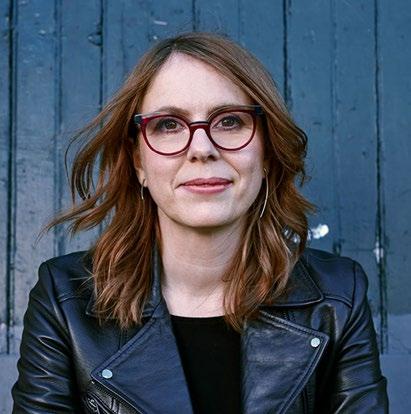
GRAMMY-nominated Anna Clyne is one of the most in-demand composers today, working with orchestras, choreographers, filmmakers and visual artists around the world.
She has been commissioned and presented by the world’s most dynamic and revered arts institutions, and her music has opened such events as the Edinburgh International Festival, The Last Night of the Proms and the New York Philharmonic’s season. The World Economic Forum commissioned Clyne’s Restless Oceans, which was premiered by an all-women orchestra, led by Marin Alsop, at the 2019 opening ceremony in Davos.
Clyne often collaborates on creative projects across the music industry, including Between the Rooms, a film with choreographer Kim Brandstrup and LA Opera, as well as The Nico Project at the Manchester International Festival, a stage work about pop icon Nico’s life that featured Clyne’s reimagining of The Marble Index for orchestra and voices. Clyne has also reimagined tracks from Thievery Corporation’s The Cosmic Game for the electronica duo with orchestra, and her music has been programmed by such artists as Björk.
Clyne’s works are frequently choreographed for dance, with recent projects including the world premiere of choreographer Pam Tanowitz’s dance set to Breathing Statues for the Royal Ballet in London and performances of DANCE by the San Francisco Ballet with choreography by Nicolas Blanc. Her fascination with visual art has resulted in several projects, including ATLAS, inspired by a portfolio of work by Gerhard Richter; Color Field, inspired by the artwork of Mark Rothko; and Abstractions, inspired by five contemporary paintings.
Clyne also seeks innovation through new technology, developing the Augmented Orchestra with sound designer Jody Elff, the technology expanding the sound world of the orchestra through computer-controlled processes.
In 2024/25 Clyne continues her role as Composer in Residence with the BBC Philharmonic.
Clyne’s music is represented on several labels, including the 2024 album SHORTHAND, released on SONY Classical with performances by The Knights, Avi Avital, Pekka Kuusisto, Colin Jacobsen and Yo-Yo Ma. Her works Prince of Clouds and Night Ferry were nominated for 2015 GRAMMY Awards, and her cello concerto DANCE, recorded by soloist Inbal Segev, the London Philharmonic Orchestra and Marin Alsop, has garnered over 11 million plays on Spotify.
Clyne is deeply committed to music education and to supporting and mentoring the next generation of composers. She was the founding mentor for the Orchestra of St Luke’s Degaetano Composition Institute, the Scottish Chamber Orchestra’s New Stories programme and the Berkeley Symphony Orchestra’s Emerging Composers Program.
Clyne’s music is published exclusively by Boosey & Hawkes.
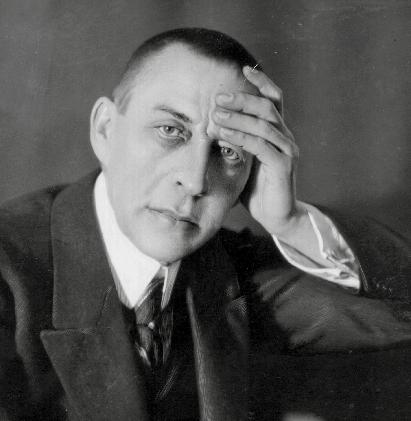
FIRST PERFORMANCE
Philadelphia, 3 January 1941
DURATION 35 minutes
1. (Non) allegro
2. Andante con moto (Tempo di valse)
3. Lento assai
Fate dealt a cruel hand when it pushed into exile a man so filled with love for his country as Sergei Rachmaninov. The composer fled Russia at the Revolution of 1917. ‘His homesickness assumed the character of a disease as the years passed’, wrote the American writer on music David Ewen, ‘and one symptom of that disease was an unshakeable melancholy.’
Another was the composer’s obsession with death. That we can hear in Rachmaninov’s music – most obviously in his constant musical recourse to the theme known as the Dies Irae, an ancient plainsong tune associated with the scriptural text invoking the ‘day of wrath that will dissolve the world in ashes’.
The Dies Irae theme, which carries its own ominous atmosphere, weaves its way through even ostensibly playful works by Rachmaninov. But it has special import in his Symphonic Dances, a late score in which he appears to tot up the profit and loss account of his value as a composer of orchestral music.
In 1939 Rachmaninov settled in Long Island. In America, he was known more as a pianist than a composer. While practising for a recital tour in August 1940, he felt a piece forming under his fingers. He wrote to the conductor of The Philadelphia Orchestra, Eugene Ormandy: ‘Last week I finished a new symphonic piece, which I naturally want to give first to you and your orchestra. It’s called Fantastic Dances.’
Rachmaninov’s biographer Viktor Seroff tells that the composer conceived the work’s three movements as representing ‘midday, twilight and midnight’ – the three stages of human life. When the piece was first performed in January 1941, its titled had changed to Symphonic Dances
By then the ‘time-of-day’ titles had disappeared, but the presence of the dance was unmistakable The dancer Michel Fokine was among the Russian expatriate community in Long Island and had agreed to choreograph the piece before his untimely death.
Another impetus is faith. ‘I thank thee, Lord’, wrote Rachmaninov at the end of the score, just after quoting the Alleluia passage from his own Orthodox choral work All-Night Vigil. This is surely not unrelated to awareness of mortality apparent in his constant use of the Dies Irae theme.
Another vital impulse, perhaps even the reason Rachmaninov decided to take up his pen again, was the new music coming from the likes of Schoenberg and Stravinsky. Rachmaninov doesn’t borrow stylistic tools from either in his Symphonic Dances, but the sense of sentimentality found in much of his previous music has gone. Muscularity, directness and even austerity have taken its place.
The first dance demonstrates the point. After the gruff string chords that follow the ticking opening, we hear a despondent, three-note descending motif that becomes the germ of the whole score. Even the singing secondary theme, introduced by an alto saxophone, has ‘an uncharacteristic coolness’ in the words of one critic. Eventually, underneath glistening glockenspiel and flutes, Rachmaninov quotes a theme from his own First Symphony, a piece he had destroyed and hoped would never be heard again following its disastrous premiere in 1897 (he did not know that somebody had squirrelled away a copy).
The second dance is a waltz – no sugary Viennese whirl, but a nocturnal dance that grows in anxiety towards something almost oppressive.
The final dance is not really a dance at all. When the music musters devilish rhythmic energy following its sighing opening, we hear the Dies Irae theme picked out on bells. Rachmaninov’s orchestration is uncanny: monolithically deep but full of wicked surface detail. This terrifying yet faintly enjoyable dance with the Dies Irae theme suggests the composer knew what was coming. Less than three years later, he was dead.
© Andrew Mellor
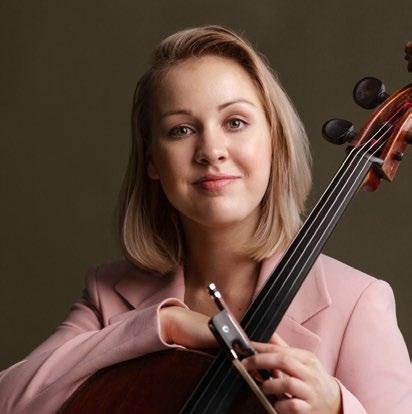
Born in Helsinki in 1994, Senja Rummukainen’s musical journey began in 2001 at the East Helsinki Music Institute under the guidance of Taru Aarnio and Allar Kaasik. In 2014 she became famous on the Finnish concert scene after winning first prize at the Turku Cello Competition. A year later she was a finalist at Porto’s Guilhermina Suggia Prize, and in 2019 she reached the final of the Tchaikovsky International Competition in St Petersburg.
Her performances as a soloist with the BBC Symphony Orchestra, Helsinki Philharmonic Orchestra, Cleveland Orchestra, RSNO, Orquesta Filarmónica de Bogotá, Tapiola Sinfonietta, Iceland Symphony Orchestra, Gothenburg Symphony Orchestra and BBC National Orchestra of Wales have been highly praised. Notable performances in the 2024/25 season include her appearance at the BBC Proms with Sakari Oramo and the BBC SO and at the Salzburg Easter Festival with the Finnish Radio Symphony Orchestra and Esa-Pekka Salonen.
As a chamber musician, Rummukainen has been a part of the musical backbone at the most important Finnish festivals, such as those in Kuhmo, Turku and Oulu. She was the artistic director of the Helsinki Chamber Summer Festival together with Johannes Piirto, Kasmir Uusitupa, Tami Pohjola and Riina Piirilä from 2017 to 2021. She has also given masterclasses at Cellofest in Helsinki and Porvoo Cello Academy, and was a member of the jury at the 2021 Porvoo Cello Competition.
At the Sibelius Academy between 2009 and 2013, Rummukainen studied with Marko Ylönen, taking her Bachelor of Music from 2013 to 2017. During this time she also studied at the Folkwang Universität der Künste Essen with Young-Chang Cho (2014–15) and spent an exchange year at the Norwegian Academy of Music with Truls Mørk (2016–17). Following her Bachelor’s degree, she moved to Berlin to study with Jens Peter Maintz at the Universität der Künste. She completed her Master of Music in 2021 then continued with her Konzertexamen studies.
Senja Rummukainen plays a David Tecchler cello from 1707 on loan from the Finnish Cultural Foundation.
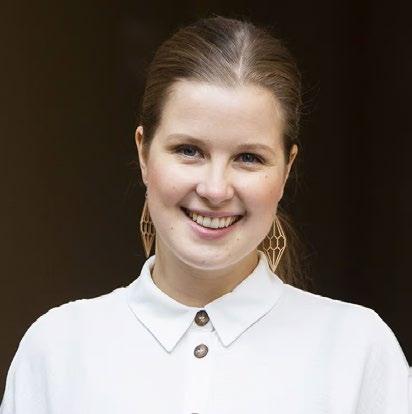
Already firmly established across Europe, in 24/25 Emilia Hoving returns to conduct the Philharmonia Orchestra, Royal Stockholm Philharmonic, Helsinki Philharmonic, BBC National Orchestra of Wales, Norwegian Radio, Malmo Symphony and Adelaide Symphony. She conducts the Strasbourg Philharmonic, Belgian National, Trondheim Symphony, Stavanger Symphony, RSNO, Orquesta Sinfónica de Castilla y León, Tasmanian Symphony and Netherlands Radio Philharmonic (at the Concertgebouw) all for the first time. Highlights of the last few months include her subscription debut with the Orchestre Philharmonique de Radio France and her first visits to the BBC Symphony, Royal Philharmonic, Tonkünstler Orchestra Vienna, Tenerife Symphony and Swedish Radio Symphony.
She made her Japan debut in 2022 at Suntory Hall with the Yomiuri Nippon Symphony, and her Australian debut at the Adelaide Festival in 2023, conducting the local premiere of Missy Mazzoli’s Procession. She appeared at the 2023 Avanti! Summer Sounds Festival, and regularly conducts works by living (especially Finnish) composers. In October 2024 she conducted the BBC Scottish Symphony in the Nordic Music Days festival in Glasgow, and is closely involved with the Helsinki Philharmonic’s ongoing project to revive works by neglected Finnish composers from the last century.
This season she makes her main-stage opera debut, conducting several performances of The Magic Flute for Opera North.
Hoving’s career began as assistant to Hannu Lintu at the Finnish Radio Symphony (2019) and to Mikko Franck at Radio France (2020-22). Both posts led to important jump-ins which catapulted her into the limelight, notably when she took over a concert with the Orchestre Philharmonique de Radio France in the Berlin Philharmonie concert at only a few hours’ notice in March 2022.
Hoving studied at the Sibelius Academy in Helsinki with Sakari Oramo and Atso Almila, having begun conducting studies in 2015 with Jorma Panula. She previously studied piano as well as the clarinet.
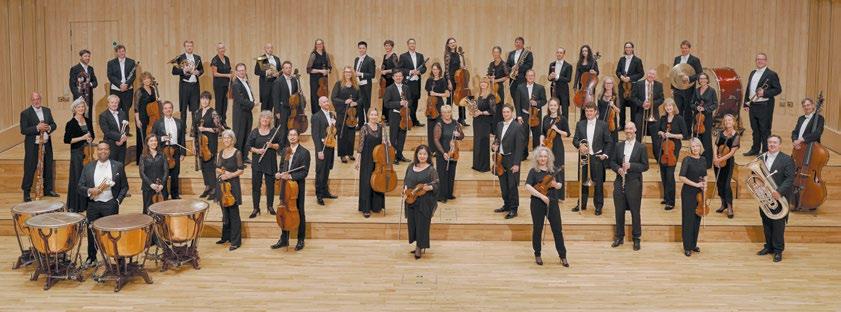
Formed in 1891 as the Scottish Orchestra, the company became the Scottish National Orchestra in 1950 and was awarded Royal Patronage in 1977. Many renowned conductors have contributed to its success, including Sir John Barbirolli, Walter Susskind, Sir Alexander Gibson, Neeme Järvi, Walter Weller, Alexander Lazarev and Stéphane Denève.
The Orchestra’s artistic team is led by Danish conductor Thomas Søndergård, who was appointed Music Director in 2018. In March 2024, Austrian-born conductor, composer and musician Patrick Hahn became the Orchestra’s Principal Guest Conductor.
The RSNO is supported by the Scottish Government and is one of the Scottish National Performing Companies. The Orchestra performs across Scotland, including concerts in Glasgow, Edinburgh, Dundee, Aberdeen, Perth and Inverness, and appears regularly at the Edinburgh International Festival and BBC Proms. The RSNO has made recent tours to the USA, China and Europe.
The RSNO has a worldwide reputation for the quality of its recordings, receiving a 2020 Gramophone Classical Music Award for Chopin’s
Piano Concertos (soloist: Benjamin Grosvenor), conducted by Elim Chan, two Diapason d’Or awards (Denève/Roussel 2007; Denève/Debussy 2012) and eight GRAMMY Award nominations. In recent years, the RSNO has increasingly recorded soundtracks for film, television and video games, with notable titles including Horizon: An American Saga (Warner Bros), Life on Our Planet (Netflix), Star Wars Outlaws (Ubisoft), Avatar: Frontiers of Pandora (Meta Quest VR) and The Woman King (Sony Pictures). The Orchestra records at its bespoke in-house facility, Scotland’s Studio, in Glasgow.
The RSNO believes that music can enrich lives, and aims to inspire, educate and entertain people throughout Scotland and beyond with its performances, recordings and engagement programmes. Supporting schools, families, young professionals and wider communities, the RSNO delivers high-quality initiatives for all ages and abilities, reaching over 68,000 people in 2023.
FIRST VIOLIN
Maya Iwabuchi LEADER
Emre Engin
Patrick Curlett
Cheryl Crocket
Caroline Parry
Elizabeth Bamping
Lorna Rough
Susannah Lowdon
Alan Manson
Liam Lynch
Veronica Marziano
Sian Holding
Maria Oguren
Sharon Haslam
SECOND VIOLIN
Jacqueline Speirs
ASSOCIATE PRINCIPAL
Marion Wilson
Sophie Lang
Anne Bünemann
Kirstin Drew
Harriet Hunter
Nigel Mason
Robin Wilson
Paul Medd
Colin McKee
John Robinson
Elana Eisen
VIOLA
Tom Dunn
PRINCIPAL
Felix Tanner
Susan Buchan
Francesca Hunt
Claire Dunn
Maria Trittinger
Lisa Rourke
Beth Woodford
Elaine Koene
David McCreadie
CELLO
Pei-Jee Ng PRINCIPAL
Betsy Taylor
Kennedy Leitch
Yuuki Bouterey-Ishido
Rachael Lee
Sarah Digger
Robert Anderson
Gunda Baranuaskaitė
DOUBLE BASS
Slawomir Grenda
GUEST PRINCIPAL
Michael Rae
Moray Jones
Alexandre Cruz dos Santos
Tom Berry
Olaya Garcia Alvarez
FLUTE
Katherine Bryan PRINCIPAL
Japheth Cheng
Janet Richardson
PRINCIPAL PICCOLO
OBOE
Adrian Wilson
PRINCIPAL
Peter Dykes
Tom Davey
COR ANGLAIS
CLARINET
Timothy Orpen
PRINCIPAL
William Knight
Duncan Swindells
PRINCIPAL BASS CLARINET
SAXOPHONE
Lewis Banks
BASSOON
David Hubbard
PRINCIPAL
Jamie Louise White
Paolo Dutto
PRINCIPAL CONTRABASSOON
HORN
Jake Parker
GUEST PRINCIPAL
Alison Murray
Andrew McLean
David McClenaghan
Mark Bennett
TRUMPET
Christopher Hart
PRINCIPAL
Katie Smith
Andrew Connell-Smith
TROMBONE
Dávur Juul Magnussen
PRINCIPAL
Jack Myles
Alastair Sinclair Principal BASS TROMBONE
TUBA
John Whitener
PRINCIPAL
TIMPANI
Simon Archer
PERCUSSION
Simon Lowdon
PRINCIPAL
Tom Hunter
Stuart Semple
Philip Hague
Peter Murch
David Kerr
HARP
Pippa Tunnell
Teresa Barros Pereira Romão
PIANO/CELESTE
Richard Casey

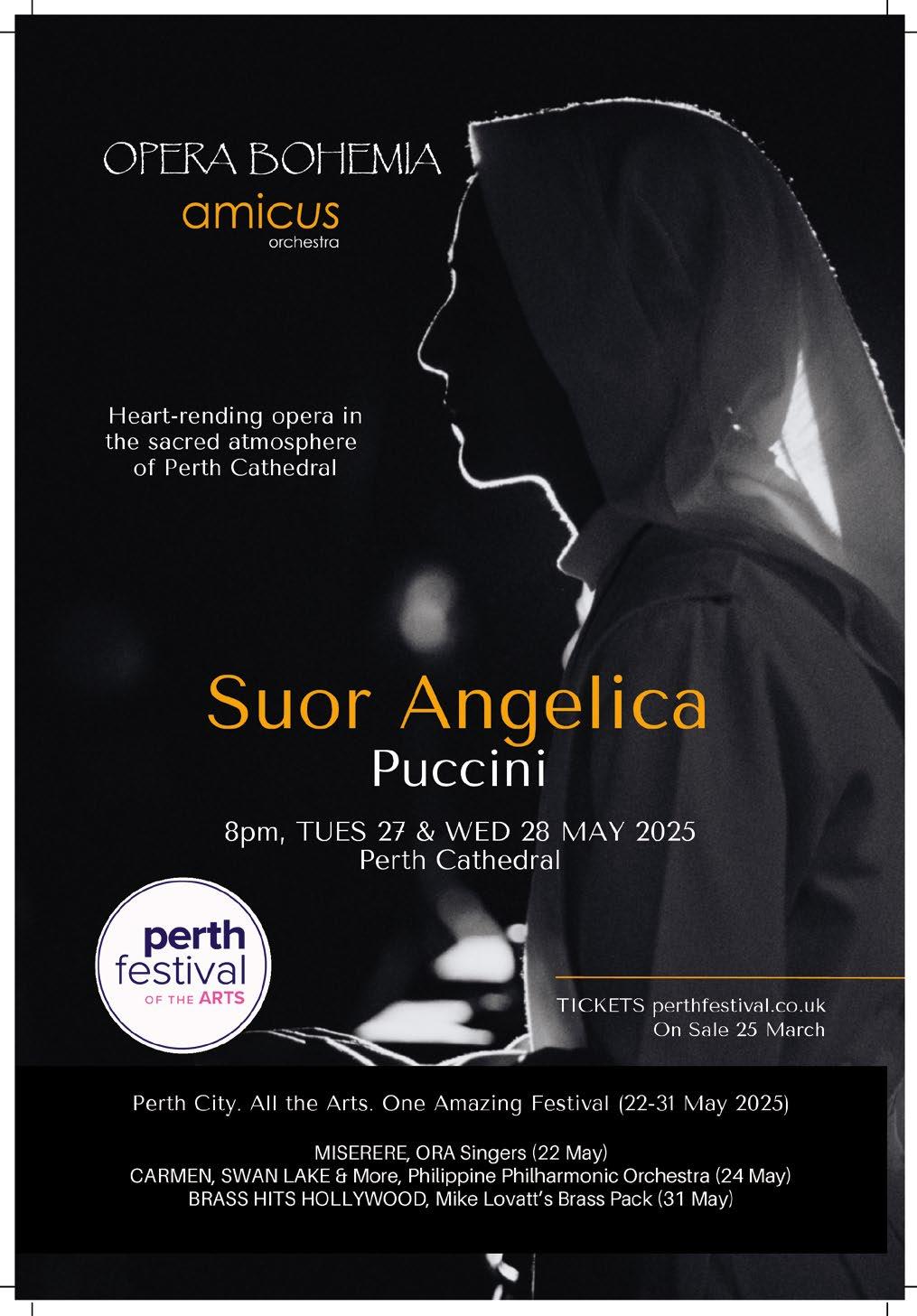
DND Thu 3 Apr 7.30pm
EDN Fri 4 Apr 7.30pm
GLW Sat 5 Apr 7.30pm
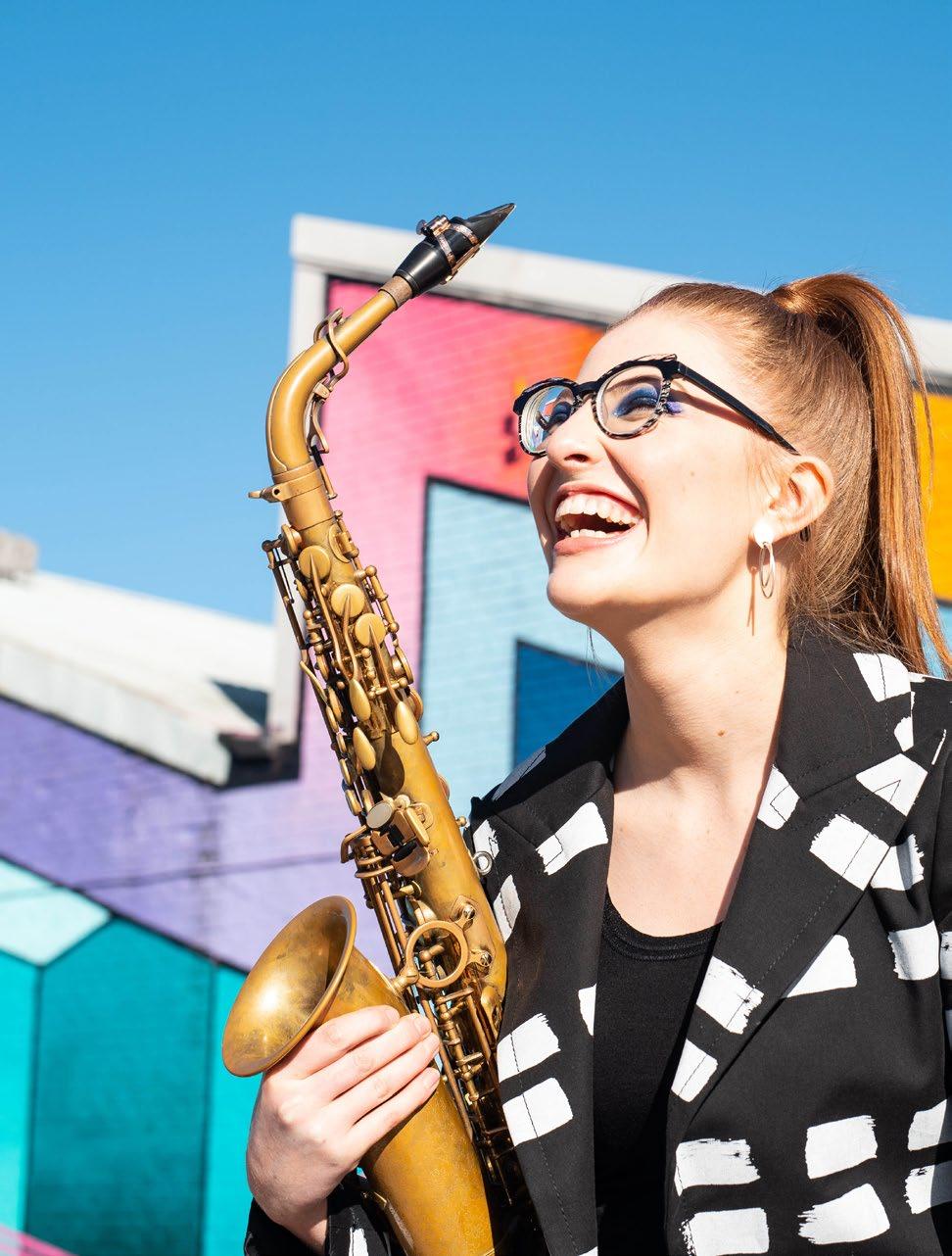
Anna Clyne Glasslands Scottish Premiere
Shostakovich Symphony No8
Jonathon Heyward Conductor
Jess Gillam Saxophone

EDN Fri 25 Apr 7.30pm
GLW Sat 26 Apr 7.30pm
Beethoven Elegischer Gesang
Berg Violin Concerto
Mozart Requiem
Patrick Hahn Conductor
Carolin Widmann Violin
RSNO Chorus

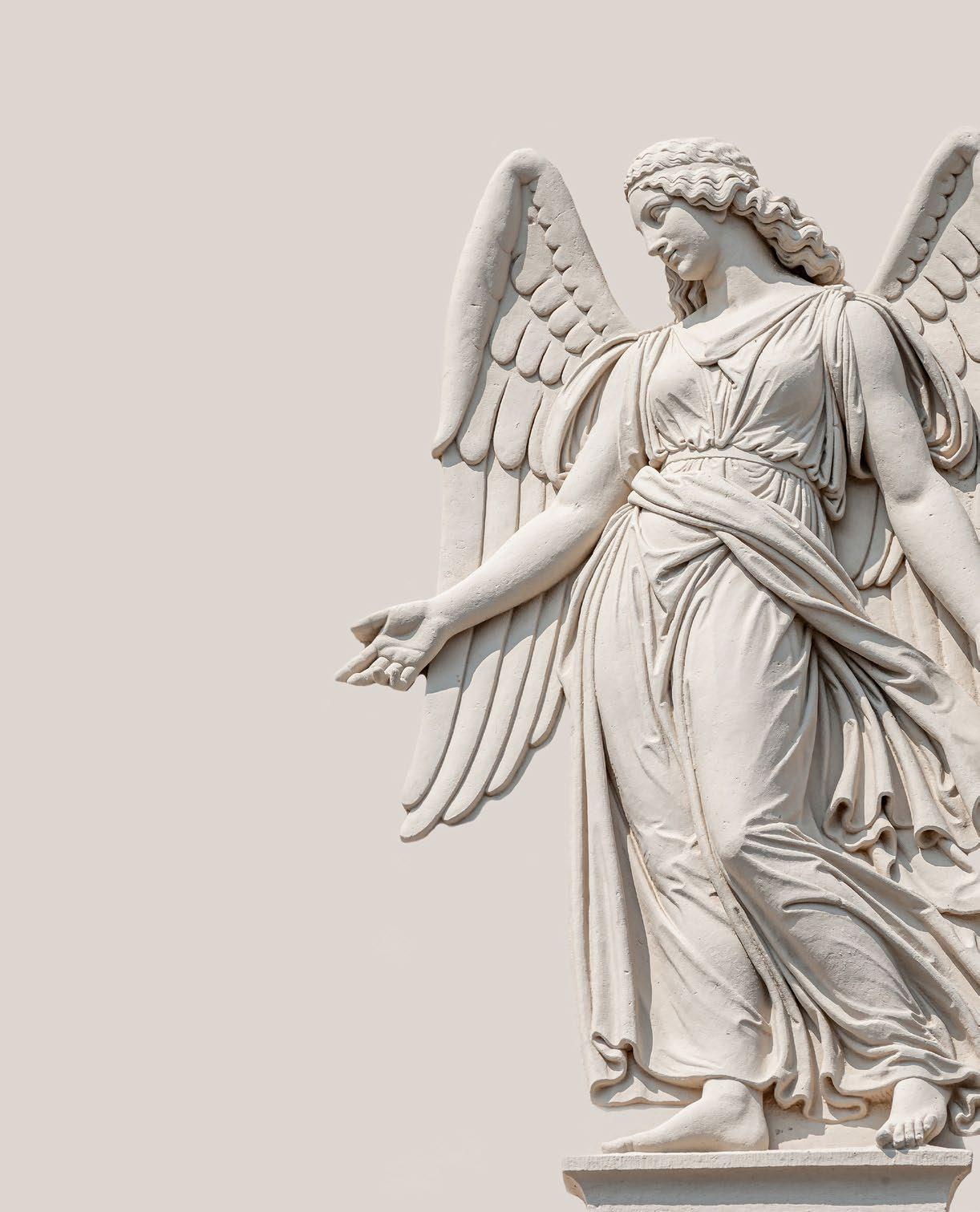
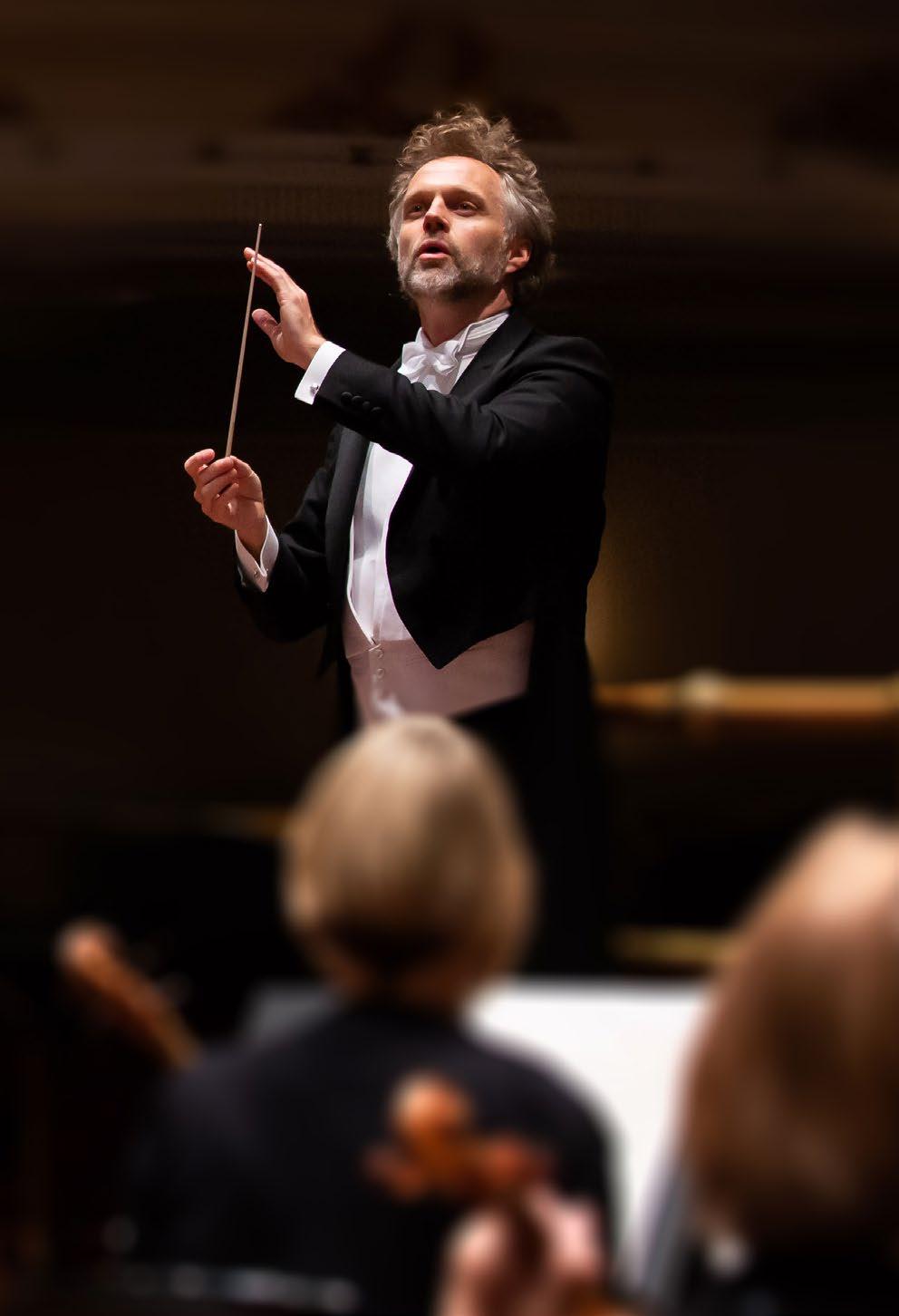
I am honoured and extremely proud to be Music Director of the RSNO. It is through the continued generosity of you, our friends, donors and supporters, that we can continue to achieve and realise the most ambitious goals of the Orchestra.
One of the wonders of the RSNO is how it brings high-quality music not only to concert halls, but to the wider community. From hospital settings to care homes, from our Astar app for families with newborns to our National Schools Concert Programme, our music touches so many lives in Scotland and beyond. Your support is the
RSNO Benefactors are beacons of philanthropic inspiration, providing truly transformative financial support to the Orchestra that enables us to build and deliver long-term strategic plans. Benefactors share the RSNO’s vision for orchestral music and work with us to drive
cornerstone of all that we do, as it allows us to continually build and develop.
Thank you for being part of this wonderful Orchestra’s journey, as we adapt and grow towards a bright future.

Thomas Søndergård MUSIC DIRECTOR, RSNO
the organisation forward, helping us to realise our future plans and ambitions.
Sir Ewan and Lady Brown
Gavin and Kate Gemmell
Kat Heathcote and Iain Macneil
Ms Chris Grace Hartness
The RSNO Conductors’ Circle is an inspirational group of individual supporters at the heart of the RSNO’s Individual Giving programme. Our members’ annual gifts enable us to realise the Orchestra’s most ambitious goals. Conductors’ Circle members support inspirational concert performances for our audiences alongside innovative education programmes in communities across Scotland, via our ground breaking initiative Music for Life.
The RSNO is very grateful for the continued support of its Conductors’ Circle:
Ardgowan Charitable Trust
Stina Bruce Jones
Ian and Evelyn Crombie
Kenneth and Julia Greig
Carol Grigor and the Trustees of Dunard Fund
Bruce and Caroline Minto
Shirley Murray
David and Alix Stevenson
Rolf and Celia Thornqvist
Eric and Karen Young
We would also like to thank those generous donors who wish to remain anonymous.
RSNO Patrons support individual musicians and members of the artistic team as well as advocating our work off the stage, from Learning and Engagement activity to commissioning new music. Becoming a Patron will bring you closer to the communities we serve across Scotland and will help to ensure that we maintain our position as one of Europe’s leading symphony orchestras.
RSNO Patrons
Geoff and Mary Ball
George Ritchie
Learning and Engagement Patrons
William Brown, W.S
The Dundee RSNO Circle Committee
Members of the Glasgow RSNO Circle
Neil & Nicola Gordon
Professor Gillian Mead, FRSE
Maurice & Nicola Taylor Charitable Trust
Chair Patrons
Chair Patrons are connected directly to the musicians on stage and get to enjoy privileged behindthe-scenes access. Our musicians truly appreciate the support they receive from their Chair Patrons and the brilliant opportunities they bring to the Orchestra.
Assistant Conductor
Derrick Morgan
The Solti Foundation Chair
First Violin
Maya Iwabuchi LEADER Dunard Fund Chair
Tamás Fejes ASSISTANT LEADER
The Bill and Rosalind Gregson Chair
Ursula Heidecker Allen
The James and Iris Miller Chair
Elizabeth Bamping
The WL and Vera Heywood Chair
Alan Manson
The Hugh and Linda Bruce-Watt Chair
Liam Lynch
Mr Kyle Anderson Weir
Second Violin
Marion Wilson
ASSOCIATE PRINCIPAL
The Nigel & Margot Russell Chair
Sophie Lang
The Ian & Evelyn Crombie Chair
Emily Nenniger
Mr Jamie & Kyle Anderson Weir
Viola
Tom Dunn PRINCIPAL
The Cathy & Keith MacGillivray Chair
Lisa Rourke SUB PRINCIPAL
The Meta Ramsay Chair
Francesca Hunt
The Rolf and Celia Thornqvist Chair
Beth Woodford
Mr Jamie & Kyle Anderson Weir
Cello
Pei-Jee Ng PRINCIPAL
Mr Jamie & Kyle Anderson Weir
Betsy Taylor
ASSOCIATE PRINCIPAL
The Maxwell Armstrong Chair
Kennedy Leitch
ASSISTANT PRINCIPAL
The David and Anne Smith Chair
Rachael Lee
The Christine and Arthur Hamilton Chair
Double Bass
Nikita Naumov
PRINCIPAL
The Gregor Forbes John Clark Chair
Michael Rae
ASSISTANT PRINCIPAL
James Wood Bequest Fund Chair
Flute
Katherine Bryan PRINCIPAL
The David and Anne Smith Chair
Oboe
Adrian Wilson PRINCIPAL
The Hedley Wright Chair
Peter Dykes
ASSOCIATE PRINCIPAL
Witherby Publishing Group Charitable Trust Chair
Cor Anglais
Henry Clay PRINCIPAL
In memory of a dear friend, Fiona H
Clarinet
Timothy Orpen PRINCIPAL
The Shirley Murray Chair
William Knight
ASSOCIATE PRINCIPAL
The David and Anne Smith Chair
Horn PRINCIPAL
The Springbank Distillers Chair
Alison Murray
ASSISTANT PRINCIPAL
Mr & Mrs Pierre and Alison Girard
Martin Murphy
ASSISTANT PRINCIPAL
The Gordon Fraser Charitable Trust Chair
David McClenaghan
The J & A Mitchell Chair
Trumpet
Christopher Hart PRINCIPAL
Ms Chris Grace Hartness
Katie Smith SUB-PRINCIPAL
The Lady Fraser Chair
Trombone
Dávur Juul Magnussen PRINCIPAL
The Mitchell’s Glengyle Chair
Timpani
Paul Philbert PRINCIPAL
Ms Chris Grace Hartness
Percussion
With thanks to the Dot and Syd Taft Chair for their support of the RSNO Percussion Section.
Staff
Chiko Parkinson
COMMUNITY SINGING ASSISTANT
Supported by ScotRail
We would like to acknowledge the great support of the RSNO Chair Patron Programme by Mr Hedley G Wright.
We are also grateful to those who give but who wish to remain anonymous.
If you would like more information or would like to discuss how you can become an RSNO Patron, please contact Constance Fraser, Head of Development (Individuals and Partnerships), at constance.fraser@rsno.org.uk
We would like to thank all those who continue to generously support the RSNO’s Play Your Part Appeal.
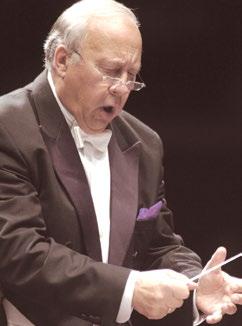


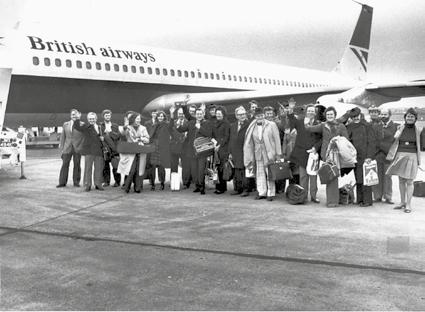
Leave a gift to the RSNO and ensure future generations can create their own Musical Memories of the Royal Scottish National Orchestra.
We all have special Musical Memories. It could be learning to play an instrument when you were a child, or a special piece of music that just left you breathless the first time you heard the Orchestra play it. Maybe it was seeing a soloist you had always wanted to hear, or just a great concert shared with friends. Memories such as these make music such an important part of our lives.
As a charity, our work relies on donations from our supporters and friends – whether performing world-class music on stage or engaging with children across Scotland in our National Schools Concert Programme – and we need your continued support.
By remembering the RSNO in your Will, you can help us share the joy of music with future generations and allow your passion for the Orchestra to live on.
It is easy to leave a gift. After you have made provisions for family and friends, please think of the Orchestra.
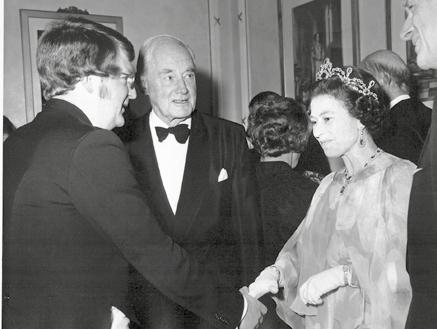
Your gift is important to us and to everyone in Scotland who enjoys music. Contact your solicitor to draft a will or add a codicil to your current will.
If your estate is subject to inheritance tax, a gift to a charity, such as the RSNO, is tax-free and will reduce the amount of tax payable to the Government. Please ask your solicitor for details.
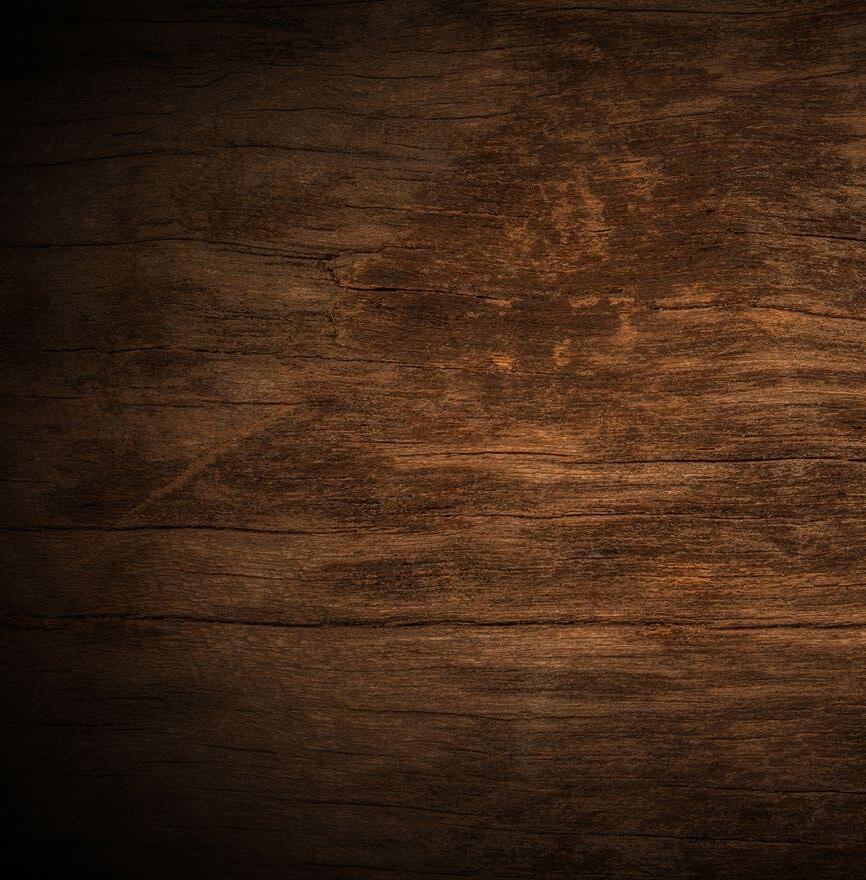
For more information please visit rsno.org.uk/memories
If you would like to discuss this further, please contact Polly Lightbody, Individual Giving and Partnerships Officer, in the strictest confidence, at polly.lightbody@rsno.org.uk
To the many among you who have pledged to leave a gift already – thank you.


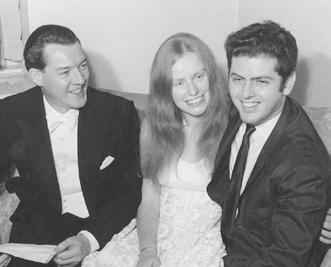
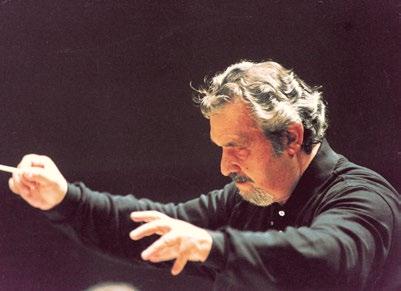





Charitable trusts and foundations have a distinguished history of supporting the RSNO, both on and off stage. From one-off donations for specific projects to multi-year funding for our flagship outreach initiatives, including the National Schools Concert Programme and Young Creatives, every grant in support of our work is truly appreciated. We are grateful to the following trusts and foundations for their generosity:
Aberdeen Endowments Trust
ABO Sirens Fund
Adam Mickiewicz Institute
Alexander Moncur Charitable Trust
Alma & Leslie Wolfson Charitable Trust
Balgay Children’s Society
The Boris Karloff Charitable Foundation
Boshier-Hinton Foundation
Brownlie Charitable Trust
The Castansa Trust
CMS Charitable Trust
The Common Humanity Arts Trust
Cookie Matheson Charitable Trust
Cruden Foundation
The David and June Gordon Memorial Trust
Dr Guthrie’s Association
The Dunclay Charitable Trust
The Educational Institute of Scotland
The Ettrick Charitable Trust
Fidelio Charitable Trust
Forteviot Charitable Trust
The Gaelic Language Promotion Trust
The Gannochy Trust
Garrick Charitable Trust
The Gordon Fraser Charitable Trust
Harbinson Charitable Trust
Hobart Charitable Trust
Hope Scott Trust
The Hugh Fraser Foundation
Idlewild Trust
James Wood Bequest Fund
Jean & Roger Miller’s Charitable Trust
Jennie S Gordon Memorial Foundation
Mrs J Y Nelson Charitable Trust
Miss Jean R Stirrat’s Charitable Trust
The Music Reprieval Trust
N Smith Charitable Settlement
Nancie Massey Charitable Trust
New Park Educational Trust
The Noël Coward Foundation
Northwood Charitable Trust
The Nugee Foundation
P F Charitable Trust
Pear Tree Fund for Music
The PRS Foundation
Pump House Trust
Q Charitable Trust
The R J Larg Family Trust
The Ronald Miller Foundation
The Rowena Alison Goffin Charitable Trust
The Scops Arts Trust
Scott-Davidson Charitable Trust
Scottish Enterprise
The Solti Foundation
Souter Charitable Trust
Stanley Morrison Trust
The Steel Charitable Trust
Stevenston Charitable Trust
Sylvia Aitken’s Charitable Trust
Tay Charitable Trust
Thomson Charitable Trust
Tillyloss Trust
Vaughan Williams Foundation
Verden Sykes Trust
W A Cargill Fund
W M Sword Charitable Trust

Jimmie Cairncross Charitable Trust

John Mather Charitable Trust
John Scott Trust Fund
JTH Charitable Trust
Leach Family Charitable Trust
Leng Charitable Trust
Lethendy Charitable Trust
Marchus Trust
Mary Janet King Fund (FS Small Grants)
McGlashan Charitable Trust
MEB Charitable Trust
The Meikle Foundation
Mickel Fund
Miss E C Hendry Charitable Trust
Walter Scott Giving Group
The Wavendon Foundation
The W M Mann Foundation
W M Sword Charitable Trust
The Zich Trust
We are also grateful to a number of trusts that wish to stay anonymous.
If you would like more information about our work and how you can make a difference, please contact Kirsten Reid, Head of Development (Trusts and Projects), at kirsten.reid@rsno.org.uk
Our Circle Members are at the centre of the RSNO. Your membership helps to support the future of the RSNO while sharing the joy of music both on and off stage.
When you join the RSNO Circle you enhance your relationship with the Orchestra and enjoy exclusive updates from our musicians. If you would like to find out more about joining the Circle, please visit rsno.org.uk/circle or get in touch with Polly Lightbody, Individual Giving and Partnerships Officer, at polly.lightbody@rsno.org.uk
Ms Catherine Y Alexander
Mrs A M Bennett
Mr Alan and Mrs Carolyn Bonnyman
Dame Susan and Mr John Bruce
Stephen and Morny Carter
Francesca and Eoghan Contini Mackie
Dr Clive Criper
Dr M I and Mrs C R Gordon
Scott and Frieda Grier
Judith and David Halkerston
Iain MacNeil and Kat Heathcote
Miss A McGrory
Miss M Michie
Mr James Miller CBE
Mrs Abigail Morrison
Nicholas and Alison Muntz
Meta Ramsay
Mr and Mrs W Semple
Mr Gregor Stewart
Mr Ian Taft
Claire and Mark Urquhart
Raymond and Brenda Williamson
Margaret Duffy and Peter Williamson
Symphony
William & Elizabeth Berry
Mr John Brownlie
Mr A Campbell
Dr K Chapman and Ms S Adam
Sir Sandy and Lady Crombie
Mr W G Geddes
Dr Robert Gibb
Mr I Gow
Mr J D Home
Christine Lessels
Katharine M.E. Liston
Professor J Mavor
Mrs A McQueen
Mr Iain Percival
Mr and Mrs David Robinson
Dr C Cradock and Dr S Todd
Neil Barton
Miss D Blackie
Dr C M Bronte-Stewart
Dr F L Brown
Mr and Mrs Burnside
David Caldwell
Ms H Calvert
Ross Cavanagh
Myk Cichla
Terry & Joan Cole
Dr J Coleiro
Mr and Mrs B H Cross
Christine and Jo Danbolt
Mr P Davidson
Steven J Davis
Mr C Ffoulkes
Mr and Mrs M Gilbert
Simon and Fiona Guest
Lord and Lady Hamilton
Mrs S Hawthorn
P Hayes
Dr and Mrs P Heywood
Ms H Kay
Mr and Mrs W Kean
Nicholas Kilpatrick
Christine Lessels
Morag MacCormick
Mr D MacPherson
Mr and Mrs Marwick
Mr S Marwick
Mrs Sandra Maxwell
Mr and Mrs G McAllister
Mrs M McDonald
Dr A H McKee
Mr Ros McLoughlin
Morag Millar
Mrs B Morinaud
Dr and Mrs D Mowle
Mr KR and Dr CC Parish
Ms A and Miss I Reeve
Mrs E.M. Robertson
Miss E Robertson
Dr and Mrs G K Simpson
Mrs Henrietta Simpson
Norma & Duncan Smith
Mr and Mrs A Stewart
David and Helen Strachan
Mr G Stronach
Dr G R Sutherland
Mr I Szymanski
Mr and Mrs J B Watson
Mr and Mrs D Weetman
Sonata
Mr K Allen
Jenny Beattie
Dr A D Beattie
Mrs H Benzie
Mr R Billingham
Lord and Lady Borthwick
John Bradshaw and Shiona Mackie
Mrs Bryan
Andrew Burrows
Mrs C M Campbell
Miss S M Carlyon
Amanda Carter-Fraser
Lady Coulsfield
Adam and Lesley Cumming
Mr and Mrs K B Dietz
Mrs C Donald
J Donald and L Knifton
Mr John Duffy
Mr R M Duncan
Brigadier and Mrs C C Dunphie
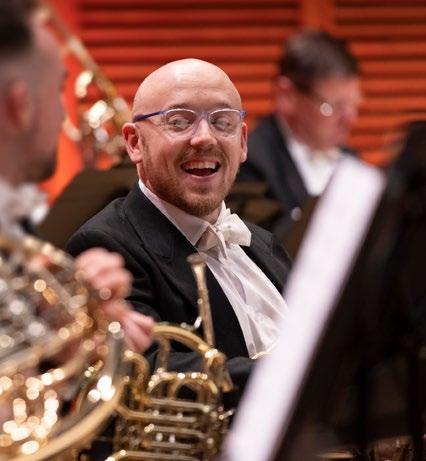
Mrs E Egan
Mr R Ellis
Mr R B Erskine
Dr E Evans
Dr A Ewing
Kenneth Forbes
Mr D Fraser
Ms J Gardner
Philip & Karen Gaskell
Mrs M Gibson
Mrs M Gillan
Mrs JK Gowans
Dr J and Mrs H Graham
Professor and Mrs A R Grieve
Dr P J Harper
Dr N Harrison
Mr and Mrs R J Hart
Bobby and Rhona Hogg
Mr and Mrs F Howell
Mrs A Hunter
Inez Hutchison
Professor R N Ibbett
Thomas Jakobsen Burns
Ms K Lang
Dr D A Lunt
Mr and Mrs J Martin
Ms S McArthur
Jean McCutcheon
Mr M McGarvie
Mrs S McGeachan
Hon Lord McGhie
Dr Colin McHardy
Ms H L McLaren
Margaret McLay
Libby McLean
Mr D McNaughton
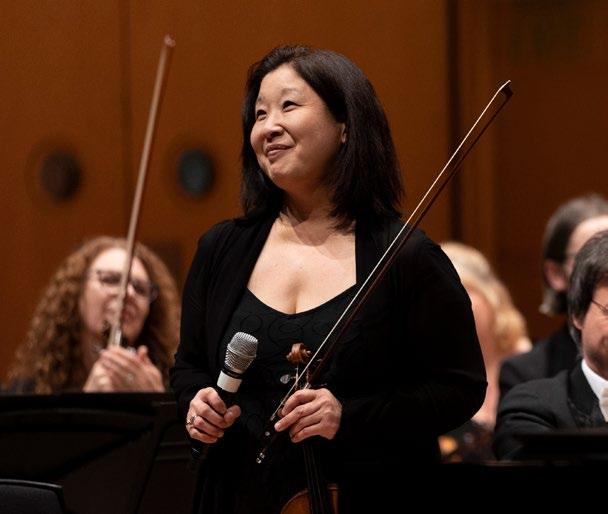
Mr and Mrs B Mellon
Kathryn Michael
Mr I Mills
Mrs P Molyneaux
Kenneth M. Murray
Bruce and Christine Nelson
Mr and Mrs K O’Hare
Mr and Mrs K Osborne
Dr G Osbourne
Mr A Ownsworth
Mr R Parry
John Paterson
Misses J and M Penman
Mr J W Pottinger
Miss J A Raiker
Mr M Rattray
Alastair Reid
Ms F Reith
Dr and Mrs D Robb
Mrs A Robertson
Anne Robertson
Ms A Robson
Sheriff Linda Ruxton
Mrs J Shanks
Mr J A Shipley
Dr M J and Mrs J A Shirreffs
Richard and Gillian Shirreffs
Mrs E Smith
Mr M Smith
Dr and Mrs B Stack
Mrs Lorna Statham
Mrs R F Stewart
Rev N and Mr R Stewart
Mr I Strachan
Mr and Mrs B Tait
Dr and Mrs T Thomson
Mr C Turnbull
Dr Morag Ward
Nelson and Barbara Waters
Mr W Watters
Alan Weddell
Mr G West
Philip Whitely and Robert H Mackay
Roderick Wylie
Mr R Young
Thank you to all our members of the Circle, including Overture members and those who wish to remain anonymous.
FUNDERS




CORPORATE SUPPORTERS



PRINCIPAL MEDIA PARTNER
PRINCIPAL TRANSPORT PARTNER

CHARITY PARTNER

BROADCAST PARTNER

PARTNERS
Glasgow Chamber of Commerce • Institute of Directors • Scots Magazine The Scottish Council for Development & Industry • Smart Graphics
PROJECT PARTNERS
Alzheimer Scotland • Black Lives in Music • Children’s Hospice Association • Children’s Classic Concerts • Classic FM • Douglas Academy Dunedin Consort • Education Scotland • Gig Buddies • Goethe-Institut Glasgow • Hebrides Ensemble • Luminate Music Education Partner Group • ParentZone • Royal Conservatoire of Scotland • Scottish Book Trust • Scottish Refugee Council Sistema Scotland • St Mary’s Music School • Starcatchers • Tayside Healthcare Arts Trust • The Scottish Wildlife Trust University of Edinburgh • V&A Dundee • Visible Fictions
CHAIR SPONSORS


If you would like more information about sponsorships, corporate partnerships or fundraising events with the RSNO, please contact Constance Fraser, Head of Development (Individuals and Partnerships), at constance.fraser@rsno.org.uk
PATRON
His Majesty The King
RSNO BOARD OF DIRECTORS
Elected Directors
Gregor Stewart
CHAIR
Gail Blain
HONORARY TREASURER
Ruth Binks
Kayla-Megan Burns
CHIEF EXECUTIVE
Alistair Mackie
Charlotte Jennings
EXECUTIVE ASSISTANT (MATERNITY LEAVE COVER)
Nicola Kelman
EXECUTIVE ASSISTANT (MATERNITY LEAVE)
CONCERTS
Graham Bell
PLANNING OFFICER
Megan Bousfield
LIBRARY ASSISTANT
Dylan Findlay
ASSISTANT STAGE MANAGER
Ashley Holland
STAGE MANAGER
Emma Hunter
DEPUTY ORCHESTRA MANAGER
Ewen McKay
HEAD OF ORCHESTRA MANAGEMENT
Richard Payne
LIBRARIAN
Tammo Schuelke
HEAD OF PLANNING
Craig Swindells
HEAD OF PRODUCTION
Matthias Van Der Swaagh
ASSISTANT ORCHESTRA MANAGER
Xander van Vliet
PLANNING MANAGER
Christine Walker
CHORUS MANAGER
LEARNING AND ENGAGEMENT
Andrew Stevenson
DIRECTOR OF ENGAGEMENT
Anna Crawford
ENGAGEMENT DELIVERY MANAGER
Ken Hay
Kat Heathcote
Don Macleod
David Robinson
John Stewart
David Strachan
Cllr Edward Thornley
NOMINATED DIRECTOR
Julia Miller COMPANY SECRETARY
Player Directors
Katherine Bryan
Christopher Hart
David Hubbard
Sophie Lang
David McClenaghan
Lorna Rough
RSNO COUNCIL
Baroness Ramsay of Cartvale CHAIR
Ms Ruth Wishart
Rosie Kenneally
CREATIVE PRODUCER FOR LEARNING (MATERNITY LEAVE)
Maisie Leddy
ENGAGEMENT COORDINATOR
Lois McColl
ENGAGEMENT PROJECT ASSISTANT
Rachel Naismith
ENGAGEMENT COORDINATOR
Chiko Parkinson
COMMUNITY SINGING ASSISTANT
SUPPORTED BY SCOTRAIL
Dr Jane Donald
DIRECTOR OF EXTERNAL RELATIONS
Lisa Ballantyne
PARTNERSHIPS OFFICER
Ian Brooke
PROGRAMMES EDITOR
Clara Cowen
MARKETING MANAGER
Seonaid Eadie
EXTERNAL RELATIONS OFFICER
Carol Fleming
HEAD OF MARKETING
Constance Fraser
HEAD OF DEVELOPMENT (INDIVIDUALS AND PARTNERSHIPS)
Katie Kean
COMMUNICATIONS AND MARKETING OFFICER
Polly Lightbody
INDIVIDUAL GIVING AND PARTNERSHIPS OFFICER
Graham Ramage
GRAPHICS DESIGNER
Kirsten Reid
HEAD OF DEVELOPMENT (TRUSTS AND PROJECTS)
Sam Stone
INFORMATION SERVICES MANAGER
Ross Williamson
VIDEO PRODUCER (MARKETING)


YOUTH ASSEMBLY
George Hillier
Amy McColl
Hazel Sharp
Ailsa Smith
Jessica Smith
Penny Snell
Rachel Sunter
Ailsa Thompson
Danny Urquhart
FINANCE AND CORPORATE SERVICES
Angela Moreland
CHIEF OPERATING OFFICER
Phoebe Connolly
FINANCE ASSISTANT
Abby Dennison
FINANCE ADMINISTRATOR
Ted Howie
FACILITIES COORDINATOR
Lorimer Macandrew
VIDEO PRODUCER
Sam McErlean
ASSISTANT SOUND ENGINEER
Calum Mitchell
ASSISTANT VIDEO PRODUCER
Hedd Morfett-Jones
DIGITAL MANAGER
Susan Rennie
HEAD OF FINANCE
Gabriel Smith
SOUND ENGINEERING PLACEMENT
Jade Wilson
FINANCE ASSISTANT
Royal Scottish National Orchestra
19 Killermont Street
Glasgow G2 3NX
T: +44 (0)141 226 3868
W: rsno.org.uk
Scottish Company No. 27809
Scottish Charity No. SC010702

Weekdays from 06:30am
